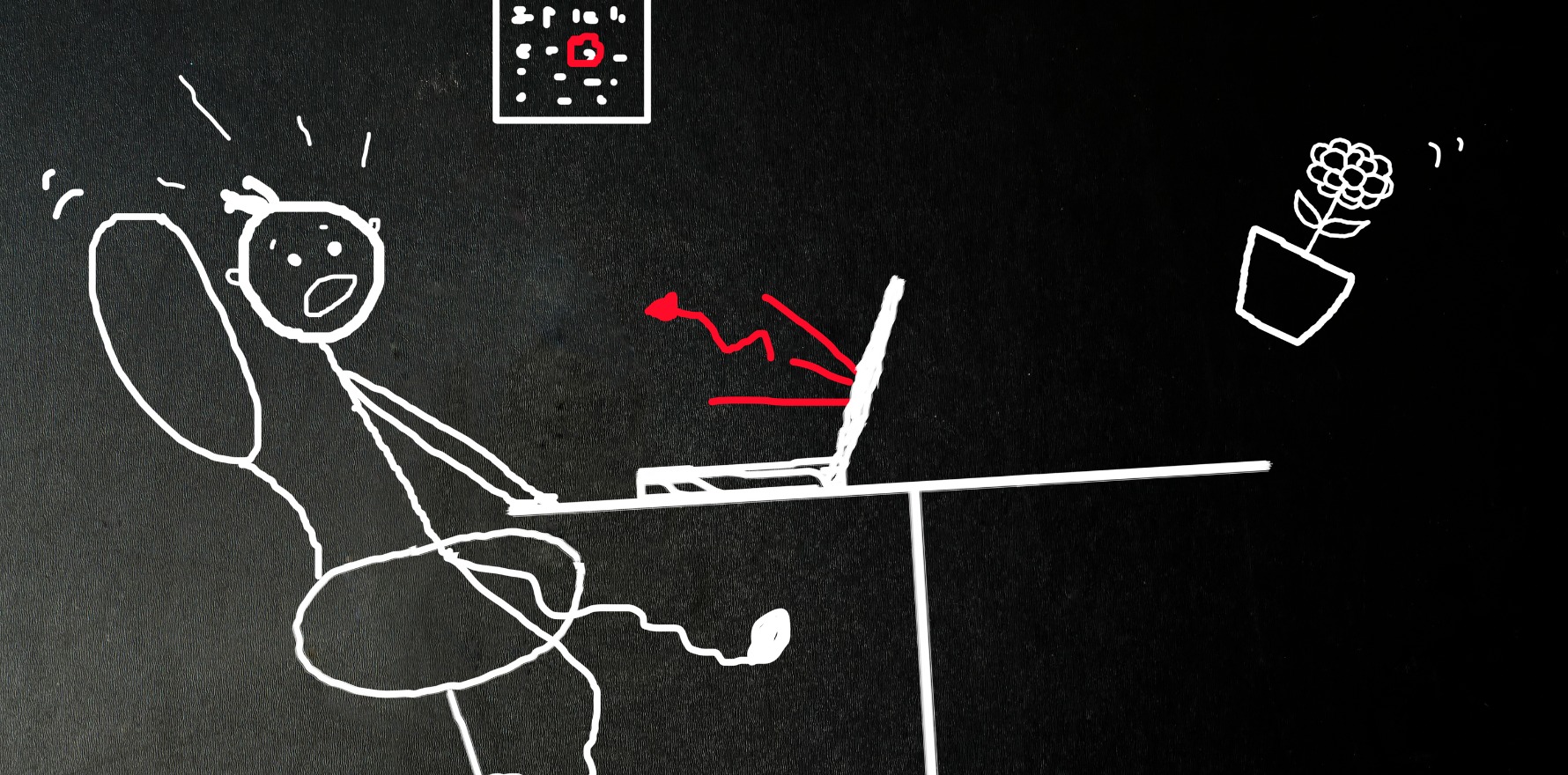The MBS review taskforce survey prioritises video over phone in a way that is not backed by the evidence.
The MBS Review Advisory Committee is calling for stakeholder feedback on telehealth, but one major player it won’t be hearing from is the AMA.
Instead of filling the survey, the AMA has sent the committee a letter detailing its decision not to do so “on principle”, citing “significant concerns” with the survey process and the way it appears to prioritise one subset of MBS items above another subset.
The telehealth services post-implementation review was commissioned last year and is due to wrap up before the start of 2024.
It will ultimately provide the Department of Health and Aged Care with advice on the appropriateness of the current settings for video and phone telehealth.
For the first round of targeted community consultation, a small number of stakeholders were asked to read and rate 10 “guiding principles” from one to five stars.
These range from uncontroversial statements like telehealth “should be patient-focused, and based on patient need, rather than geographical location” to the more contentious idea that the MBS “should prefer video over phone, as video offers richer information transfer”.
Current telehealth settings prioritise video telehealth over phone; in July last year, Medicare ceased to fund Level C and D phone consults, but not long video consults.
The rebate for a long phone consult (MBS item 91891) – defined by the MBS as six minutes or more – is now $41.20.
Patients are awarded the same rebate for any video consult under 20 minutes, but it goes up to $79.70 if that consult goes longer than 20 minutes and $117.40 if it goes beyond 40 minutes.
This rebate gap exists despite the fact that there’s no robust evidence to show video telehealth is any more valuable.
There is, however, a wealth of anecdotal evidence to suggest patients find phone consults more accessible.
While it seems unlikely that feedback received during the post-implementation review of telehealth will be able to single-handedly change what doctor groups consider to be an inequity in the way phone and video consults are funded, it is a chance for them to formally register dissatisfaction.
This is what makes the AMA’s decision to abstain interesting.
In its letter to the MRAC, the association said it was supportive of the review’s purpose but had concerns around the repeated use of the word “principle” in the survey.
“To our knowledge, there is no other set of principles that underpins specific MBS items separate from any others,” the AMA said.
“As such we feel that we cannot complete the survey as this sets a precedent we are uncomfortable with, regardless of the appropriateness of the principles.
“We do not see how these items would have different principles from the other roughly 5700 MBS items.”
By definition, it said, a principle represents a “fundamental truth”. It considered this as being particularly problematic in relation to the statement around telehealth preferring video over phone.
“A move away from telephone based on a principle not founded in the evidence would therefore contradict the first principle that telehealth ‘should be patient-focused, and based on patient need, rather than geographical location,’” the AMA said.
It wasn’t the only organisation to take issue with that particular principle.
The RACGP, in its survey response, gave the phone-video principle one star out of five and requested that it be removed as a principle entirely.
“Using item numbers to create incentives to do things is a fool’s errand,” RACGP spokesman on funding reform Dr Emil Djakic told The Medical Republic.





